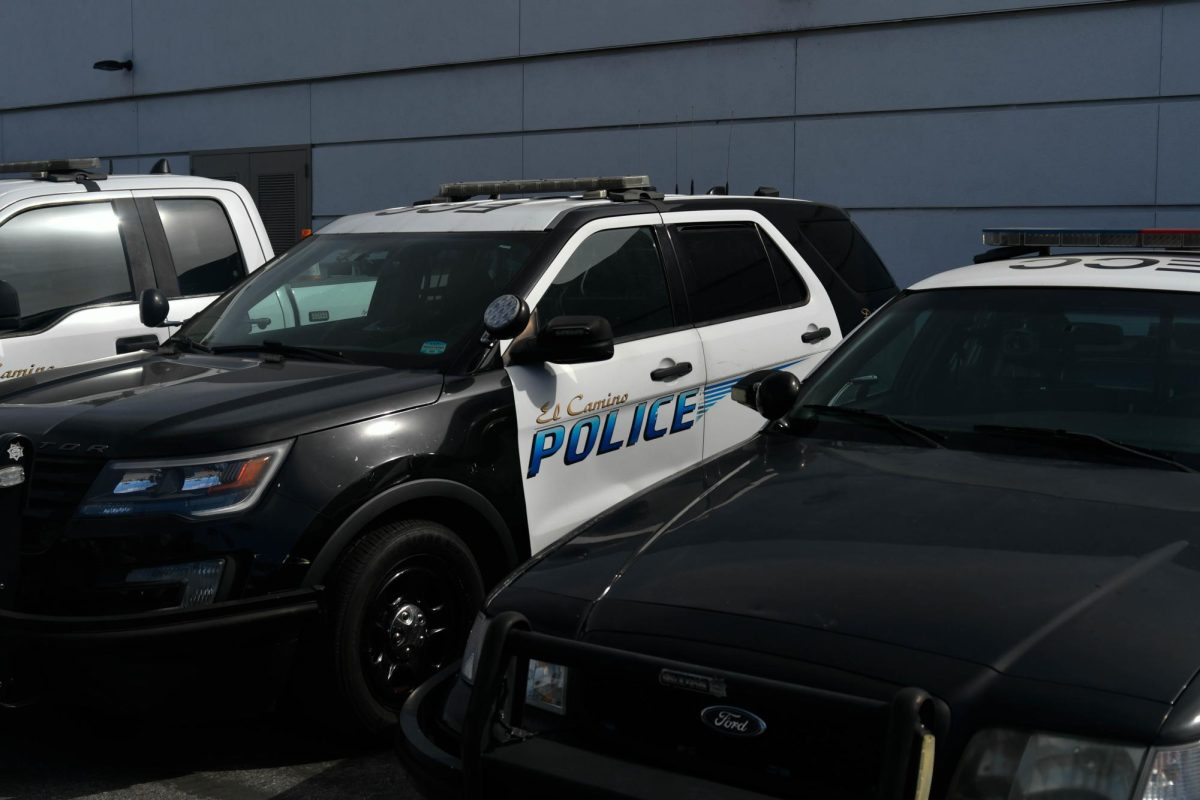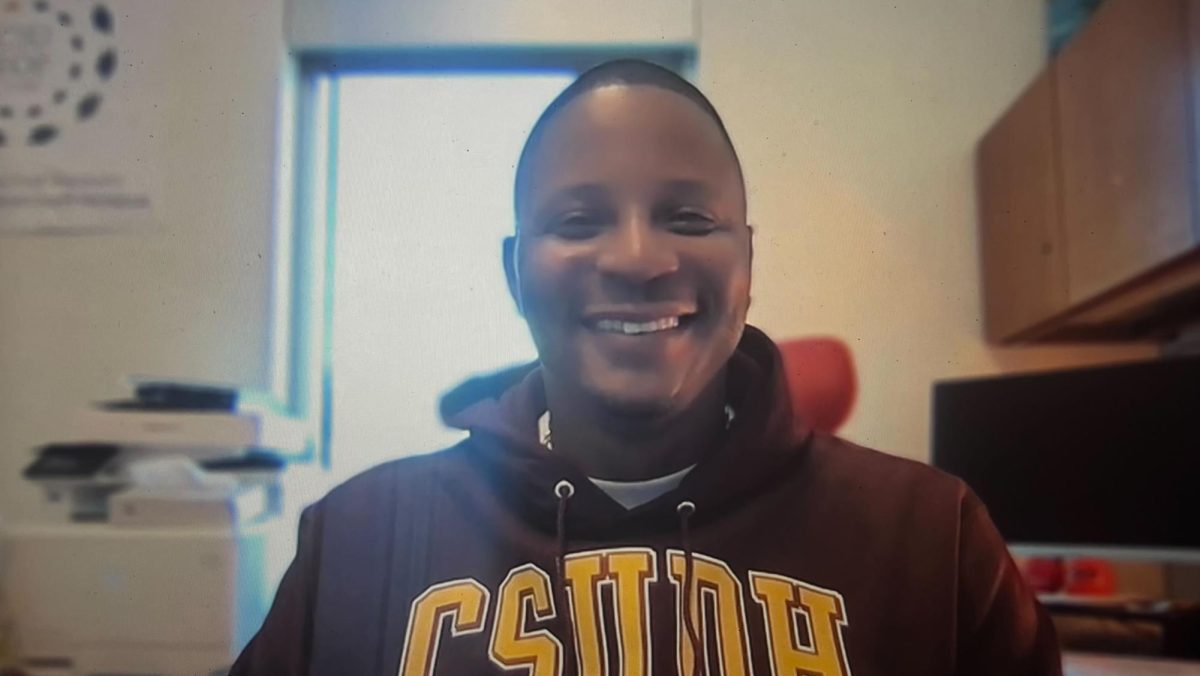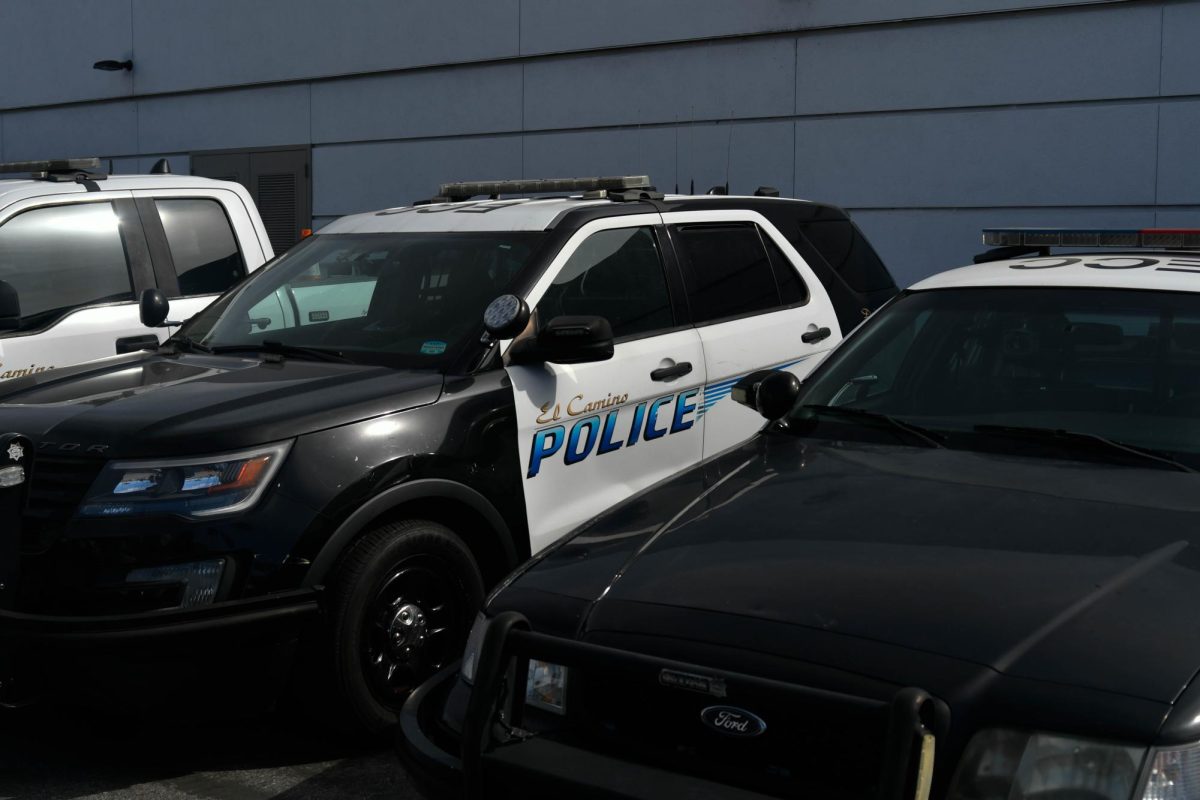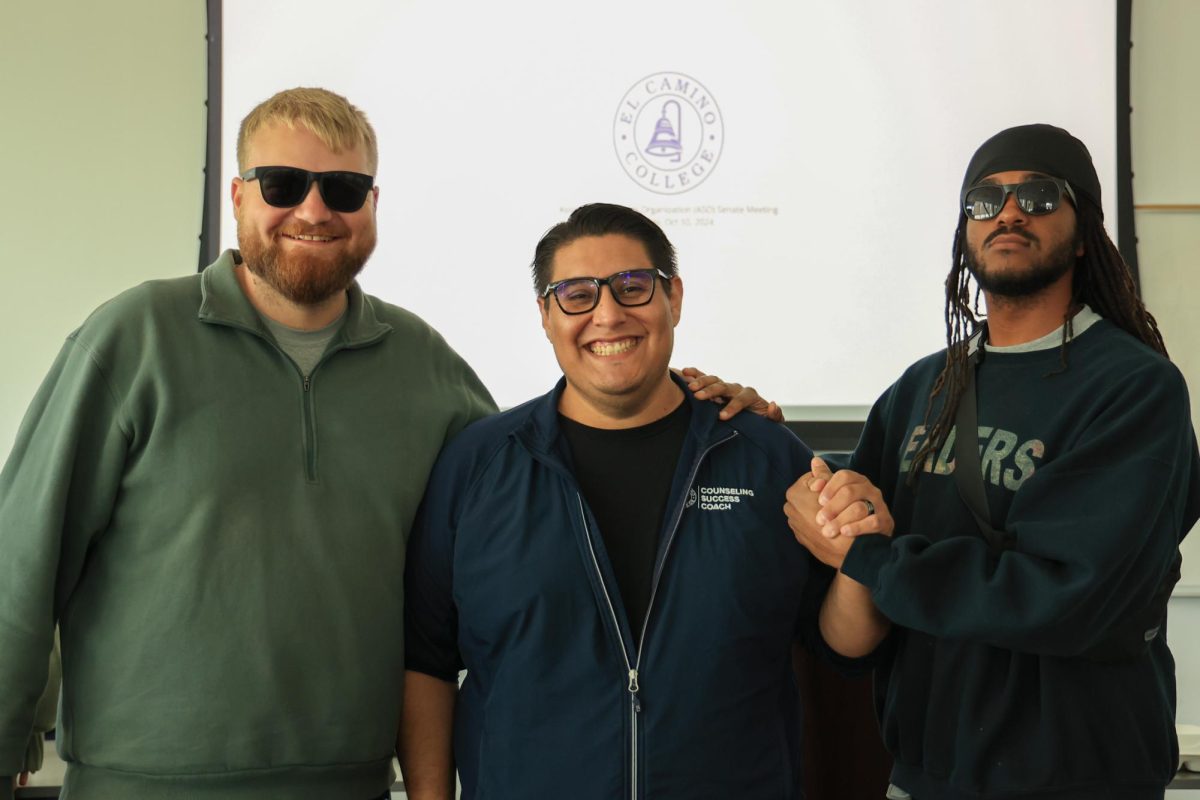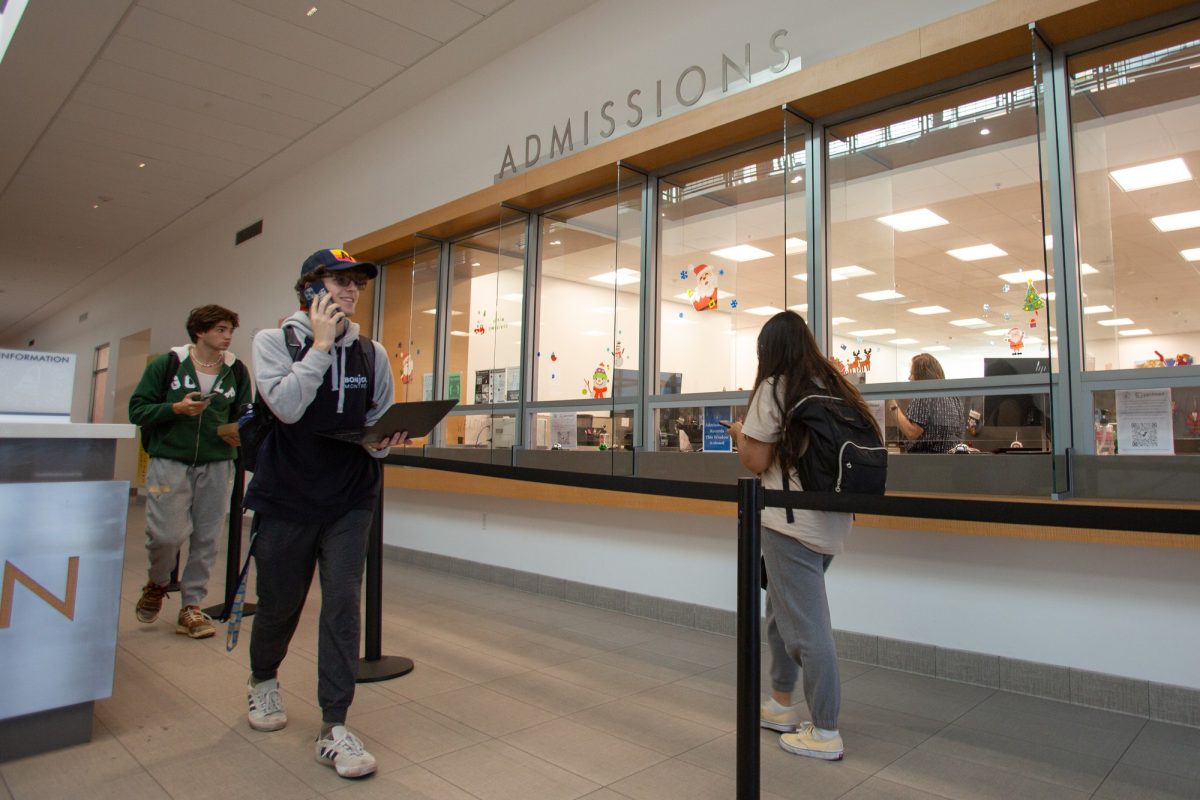At first glance, increasing oil prices might seem like a bad idea.
However, with initiative measure 1481, which would implement a 15 percent tax increase on gas in California, a large chunk of that would go towards education funding including community colleges.
“We introduced the measure in May,” Peter Mathews, state coordinator of Rescue Education California, said. “There are 27 states in the U.S. that has this tax. Alaska, for example, has this tax and each resident gets a rebate check. We are going by the Texas state model, that would give the tax money strictly towards education,” he added.
The tax would fund 48 percent to community colleges, 11 percent to California state universities, and 11 percent to University of California.
Mathews said that community colleges would receive about $1.5 billion while the Cal states and the UC’s would receive $350 million.
According to the Rescue Education California website, more than $3 billion would be raised due to California being one of the largest producers of oil in the nation.
However, the signature count to try to implement this measure, fell short of the required 504,760 by the Sept. 30 deadline. But, Mathews added that he already had a second plan and a revised measure.
“We already have the revised measure written,” he said. “That way, we have more time to get signatures, to get the proper funding and endorsements we need, so it would be ready by the next election ballot.”
Mathews added that he has gotten an encouraging response from the students and the education system, but not from the oil companies.
“The students are very supportive,” he said. “We are already endorsed by the Cal State Universities Student Association and the University of California Student Association. The Community Colleges Association donated about seven thousand dollars to print the initiative.
“The head of the Western States Petroleum Association, Anita Mangels, said that the initiative would raise gas prices and jobs would be lost. However, that does not make any sense because would be funding education to the point that more jobs would be available,” he added.
Michael Winter, automotive major, said that any type of extra revenue would benefit the educational system. However, he added that he was concerned about gas prices increasing. Christian Ortiz, criminal justice major, also thought that this measure might cause a lot of controversy.
“If this will help us not lose classes and sections, then I’m for it,” Ortiz said. “But gas is too expensive to go up in price even more.”
The division of the tax among education is a smart way to help out all education all around, Winter added, but as long as it does not hurt the wallets of individuals.
Randy Firestone, social science professor, is an avid supporter of the measure, stating that he collected 282 signatures from his students.
“Although we did not get a lot of signatures here, we are hoping that the second time around we will be able to promote more on campus and gain the signatures we need,” Firestone said.
Firestone also said students can help out any way possible.
“We always need the support of the students. The students are the one’s we are here for,” Firestone said.
“They can set up tables, pass out fliers, collect signatures from students on campus. We have already begun to promote the revised initiative, and our new plan that begins with gaining the support of the teachers unions,” he added.



